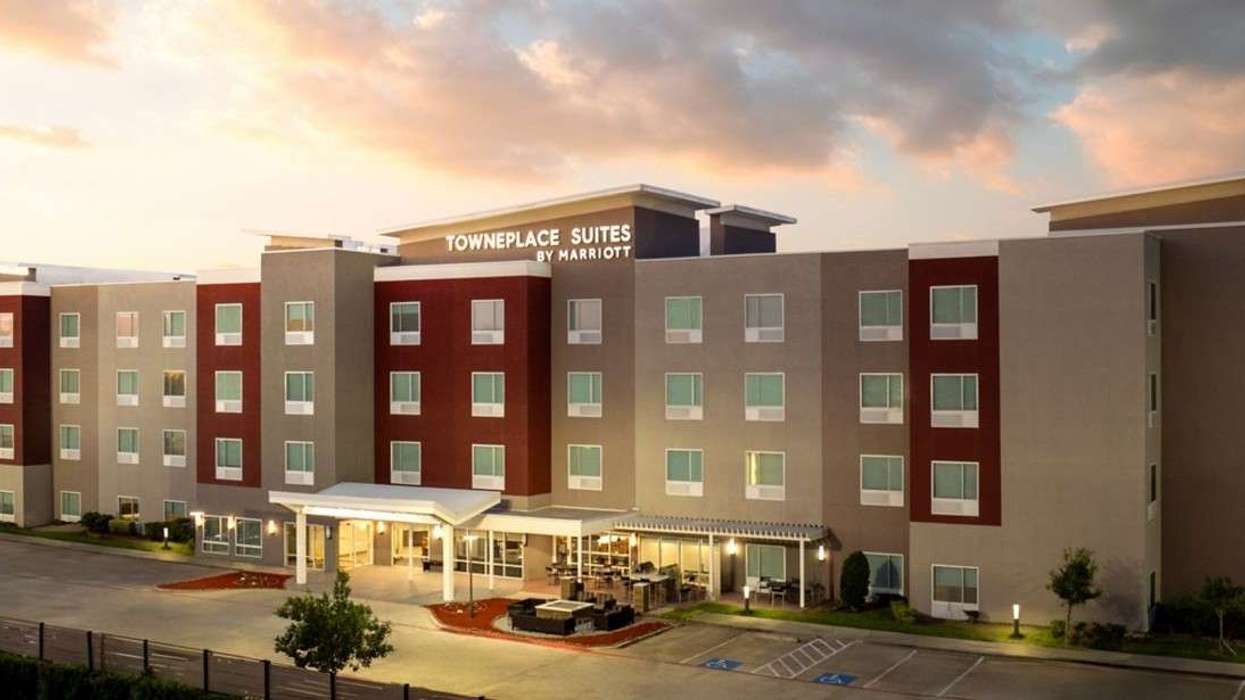A NEW COMMITTEE named Angelenos Protecting Hospitality has been formed to rally people against the proposed policy requiring all Los Angeles hotels to accommodate the homeless alongside regular paying guests. In close coordination with Los Angeles voters and stakeholders, APH will launch a substantial paid advertising campaign to inform LA voters about the potential risks of this measure, the APH said in a statement.
Los Angeles residents are set to vote in March 2024 on whether to implement this as part of a measure proposed by Unite Here, a labor union representing hotel workers in the Los Angeles area. If passed, this policy would make Los Angeles the first city in America to house both the homeless and paying guests together.
APH will collaborate with community organizations to inform Los Angeles voters about the detrimental impacts of Unite Here's ballot initiative, the statement added.
“L.A.’s homeless population needs long-term solutions and specialized care that only social and health care workers can provide," said APH President and AHLA President and CEO Chip Rogers. "It’s dangerous to force untrained hotel employees and guests to shoulder these responsibilities. APH will lead the effort to defeat this terrible ballot initiative so we can protect hotel employees and guests, preserve L.A.’s vital tourism industry, and keep policymakers focused on finding serious solutions to L.A.’s homelessness problem.”
APH is launching a six-figure paid advertising campaign to inform L.A. voters about the perilous implications of this measure. Placing homeless individuals in hotels alongside paying guests is merely a costly, taxpayer-funded quick fix, APH said.
This approach jeopardizes tourism, endangers hotel workers and guests, and falls short in providing the specialized care that homeless individuals require, the committee said.
A Public Opinion Strategies poll commissioned by AHLA earlier this year found that large majorities of LA residents say housing homeless people in hotels next to paying guests would burden hotel staff (81 percent), impact the city’s tourism industry (70 percent), and create an unsafe workspace for hotel staff (69 percent).
Beside the AHLA, other opponents of the homeless in hotels ballot initiative include the California Hotel & Lodging Association, the Hotel Association of Los Angeles, the Los Angeles County Business Federation, the Greater Los Angeles Area Chamber of Commerce, the Northeast Los Angeles Hotel Owners Association, the LAX Coastal Chamber of Commerce, and other stakeholders.
L.A. has experienced multiple attempts to address the homelessness crisis, and this ballot measure is not a practical solution. Utilizing taxpayer dollars to house homeless individuals alongside paying guests in hotels for one night does not effectively tackle the homelessness issue facing L.A.. It only puts LA hotel employees at risk, negatively impacts tourism in the city, and ultimately undermines L.A.'s hotel industry.
According to the City of Los Angeles Initiative, Referendum & Recall Petition Handbook, Unite Here has the option to withdraw the ballot initiative as long as it is done 88 days prior to the election, which would be on Dec. 8.
Earlier this month, a poll commissioned by AHLA found that the proposed policy would discourage a majority of Americans from booking rooms in Los Angeles. More than 71 percent of Americans said they would be deterred from visiting Los Angeles for leisure or vacation if hotels were required to implement this policy, the poll said.
Many individuals raised concerns about the services and amenities hotels will provide once the policy is imposed. Seventy-five percent of the respondents said that the policy overlooks the root causes of homelessness, and 74 percent worry about inadequate focus on long-term housing solutions for homeless individuals.






